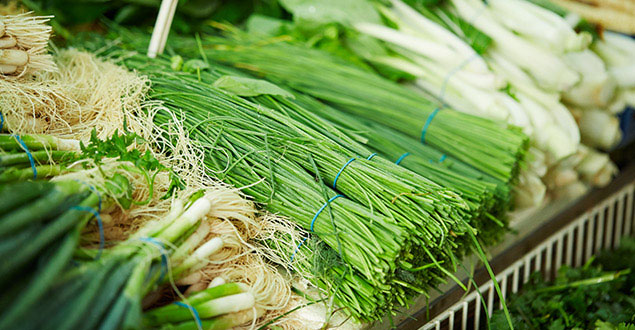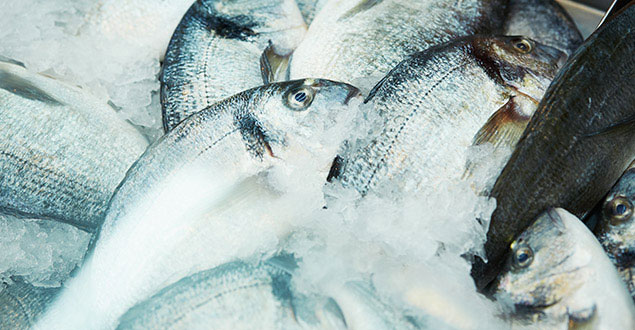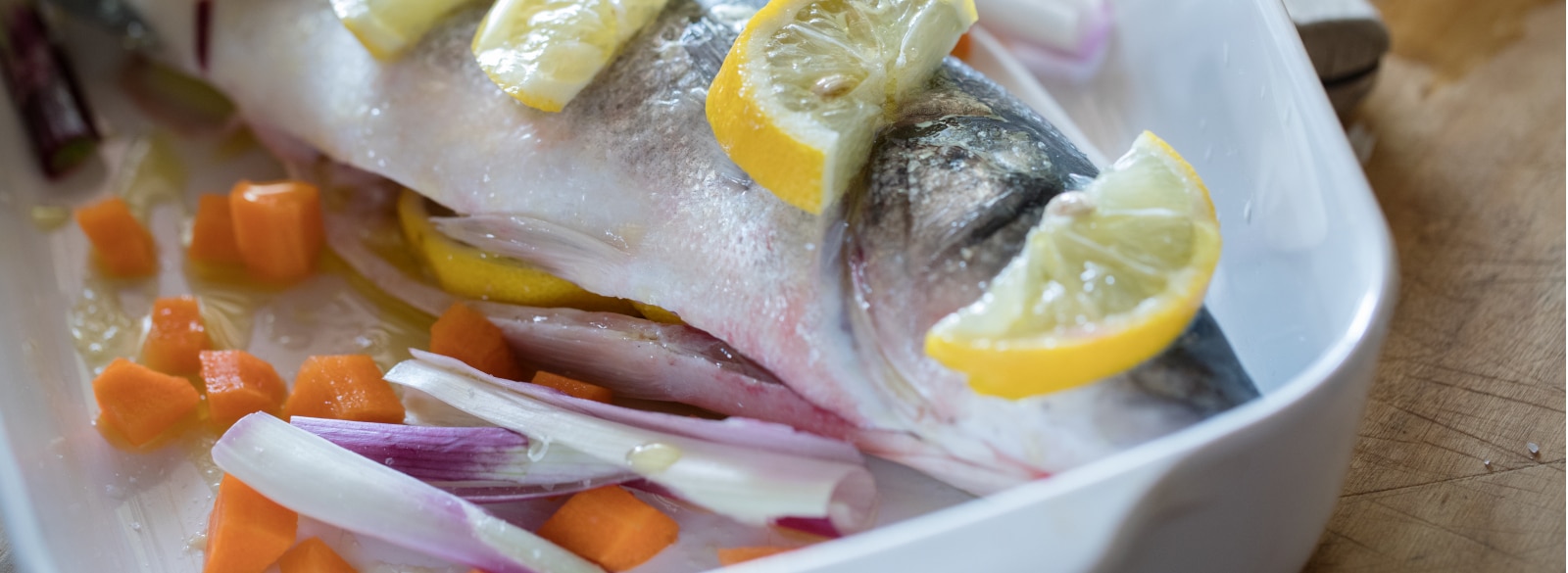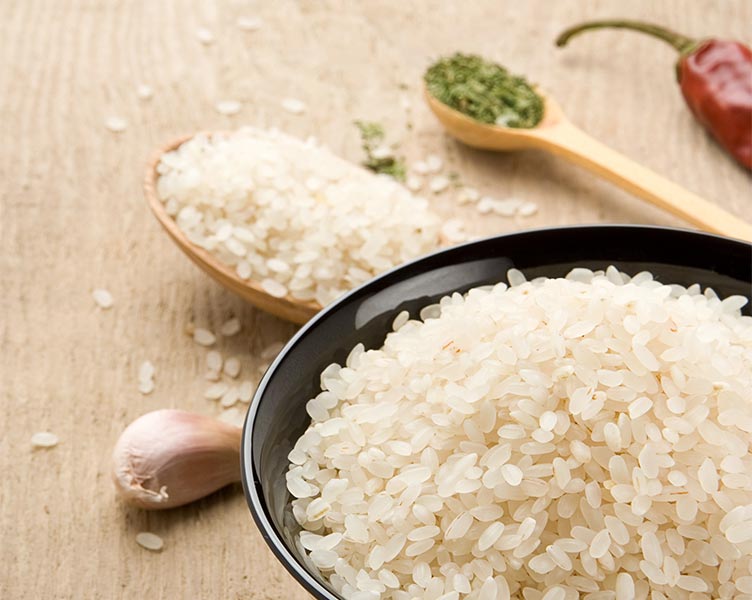Food is one of life’s greatest pleasures – going well beyond survival and satisfying hunger. We share and give food, and mealtimes are often the events where family or friends come together. Meals can also be both symbolic and part of a ritual.
We can all allow ourselves to ‘sin’ occasionally as long as we eat healthy on a daily basis. When you have a medical condition it is even more relevant to look at what you put on your plate and in your glass.

Here are some of the nutrients you need to maintain a healthy diet:
Protein
- Good for:
Muscles building, tissue repair, fighting illness and disease, carrying nutrients through the body and producing hormones to name just a few roles.
- How much:
Depends on your weight and how much you use your body (exercise). Ask your doctor how much is ideal for you, as too much protein is not healthy.
- Best sources:
Lean meat, chicken and fish, eggs, dried beans, and nuts.
Vitamins and minerals
- Good for:
Supporting normal body function and prevent disease. The different vitamins and minerals each have different roles; help heal wounds, bolster your immune system, convert food into energy and much more. Many effects are gained from different vitamins and minerals interacting.
- How much:
A minimum of 5 portions of fruits and vegetables per day is recommended, which also ensures that you get enough fibre. Fibre is important to avoid constipation, which may have a negative impact on your bladder health.

Fibre
- Good for:
The right amount of fibre is important to establish and maintain stools and avoid constipation, which can have a negative effect on your bladder.
- How much:
The US national recommendations are 30-38 grams a day for men and 21-25 grams a day for women.
- Best sources:
Fruit and vegetables, pasta, rice, wholemeal bread
Fluid
Drink sufficiently, normally around 6-8-oz glasses a day (1.5-2 litres). Base your fluid intake on water but you can count other types of beverages in your fluid intake for the day. Not drinking enough can worsen your bladder symptoms.



